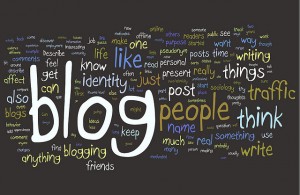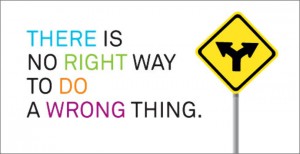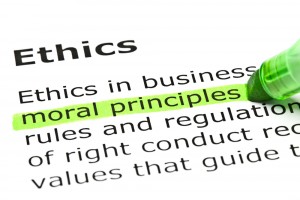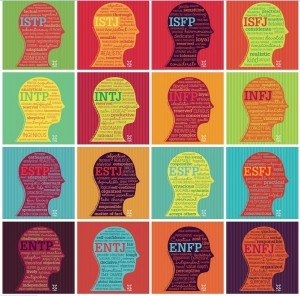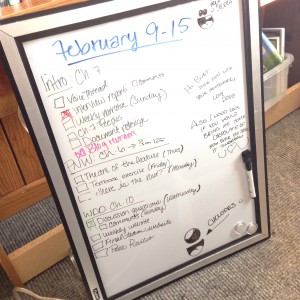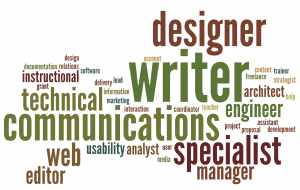Close your eyes and envision yourself as a professional writer at work. What do you find yourself doing every day? Do you see the field of professional writing as boring, consisting of slaving away laying out phone books or writing dull instruction manuals no one will ever read? Are you under the impression that professional writing is selling out and abandoning your creativity for a paycheck?
If you have any of the misconceptions listed above, think again! Professional writing is a field where you can embrace your creative side, while earning a paycheck doing something you love. Contrary to popular belief, professional writing isn’t just laying out phone books or writing manuals. The field itself is incredibly diverse and there’s a niche for just about anyone, with plenty of opportunities to exercise your creativity.
Here are just a few of the more creative aspects you may encounter.
Blogging
Think about the last time you encountered issues with a product. Maybe an app wasn’t running properly, or perhaps you just wanted to know how to use some of the product’s advanced features. Where did you go? I’m willing to bet that you went online and looked it up. Companies have caught on to the fact that people turn to the Internet to find information, advice, or instructions for products. One of the best ways for companies to utilize that fact is through blogging.
Corporate blogging is a way to connect with consumers and help them find the information they need. Since blogging is a very different style of writing than say, your traditional instruction manual, it’s an excellent way to exercise your creativity while working as a professional writer.
Useful Skills
It’s nice to have a working knowledge of HTML and CSS, but Content Management Systems like WordPress make it not so necessary anymore. The more customized you want your content the better it is to know how to code.
Videos, Podcasts, & Screencasts
Coming up with creative and informative ideas, writing scripts about them, and recording those ideas, is another opportunity to be creative. Since most people seek out information on the Internet, this gives organizations (and professional writers) a chance to show off their writing, editing, and/or animation skills.
Consumers love using audio and visual tools to learn how to use products or how to do something. It’s an approachable way to share content and information with others, and more companies are utilizing these tools to engage with their customers than ever before.
Useful Skills
Knowing how to use tools like Adobe’s Framemaker or Flash can be really helpful. So is having a basic knowledge of recording and editing video and audio.
Designing Documents & Websites
Content not only has to be well written, it has to look great too! Professional writers are responsible for not just creating the written word, but they’re also responsible for designing readable, informative, and visually oriented documents and websites.
Whether it’s coming up with visually engaging brochures, a beautiful looking website, an informative infographic, or anything else, really, if you know your way around a graphic design program and can create usable, visually stunning content, you’re going to be a huge asset to the organization you work for.
Useful Skills
Adobe Photoshop and InDesign (and the entire Adobe Creative Suite for that matter) have become industry standards. Knowing how to use these programs to create visually appealing documents and websites will be of benefit to you!
Don’t Check Your Creativity at the Door!
These are only a few of the ways writers may be expected to show off their creative sides in the professional world. If your workplace doesn’t “do” any of the above, there may be other more creatively bent things you can do, or you can take the initiative to start up a blog, make videos/podcasts/screencasts, or become more active in document and website design.


